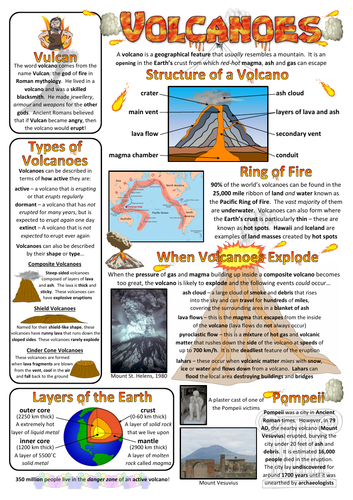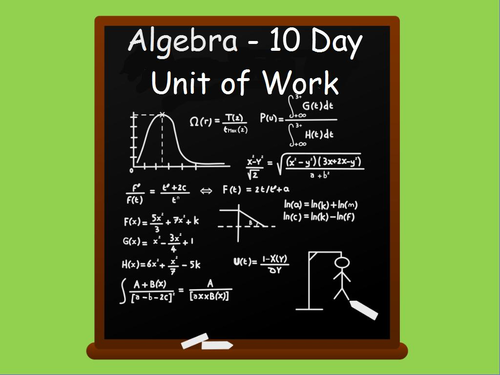Mr Long's Primary Resources
I aim to produce complete resources, assessments and units of work that will save teachers many hours of planning, finding worksheets, making flip-charts, writing assessments etc. and to sell them at incredible prices. My resources for Year 6 Maths SATs are comprehensive and great value!

























